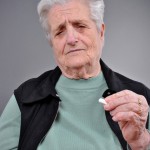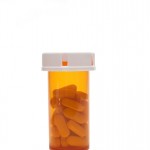
Following on from my post yesterday about screening tools for depression in later life, here is a new meta-analysis that explores the efficacy of antidepressants for the treatment of major depressive disorder (MDD) in patients aged ≥ 55 years. The researchers from the University of Modena and Reggio Emilia in Italy just searched PubMed for [read the full story…]








